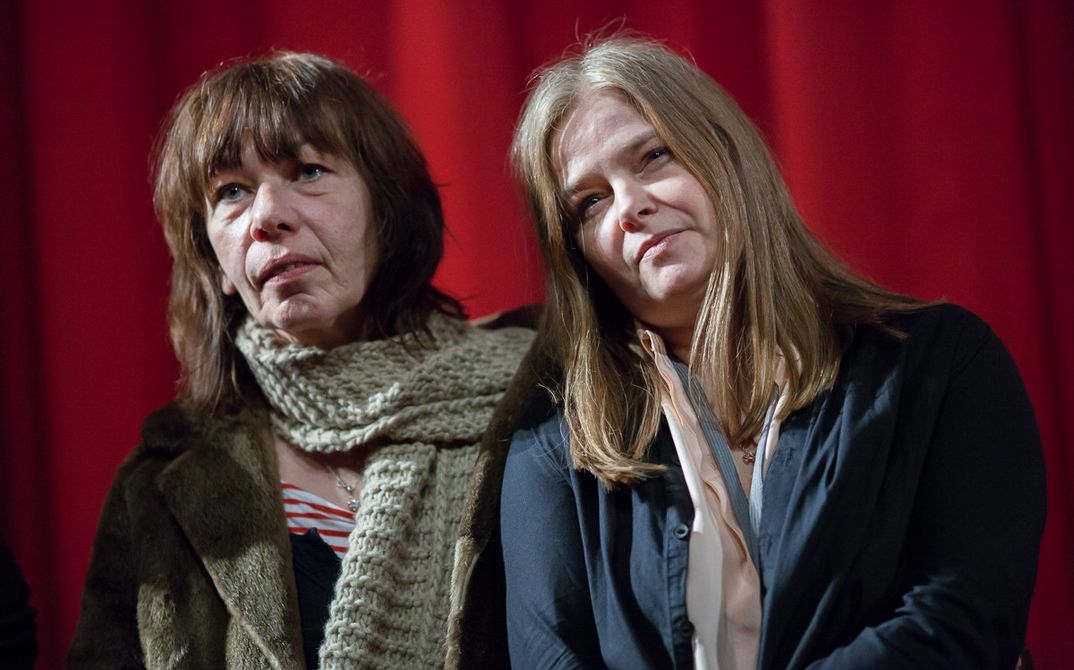The ambivalence of a complex reality
The protagonist of Turanskyj’s second feature-length film TOP GIRL OR LA DÉFORMATION PROFESSIONNELLE (2014) has to deal with the same absurd demands: Helena plays a dominatrix for her clients, but in (fictional) reality she is completely dependent on their money. The men have the power and the means, and plenty enough of these: Turanskyj has a singing student reinterpret Bach's lyric "Ich habe genug (I have enough)" repeatedly and excessively. In this system, it is the men who are luckier, lying around like contented sleeping babies while Helena gathers or cleans her utensils.
Turanskyj concentrates on the aspect of work and reality and thus comments and implicitly twists the eternally recurring images of cinema’s fetishizing representation of prostitutes. Her scenes are conceived as critique; at the same time, they develop a new magic of their own through the way in which they are presented. The story is about power imbalances, but also about the real relationships of the people within these imbalances.
In contrast to political discourses directed towards unambiguity, Turanskyj's scenes show the contradictions of a complex reality in which alliances go astray. Thus, there are also no "heroines" who represent feminist empowerment in a simple way.
At the end of TOP GIRL, the protagonist collaborates with the men and their power, sending her female colleagues into the forest as naked game to be hunted. She has changed sides and now stands (wearing absurdly high-heeled designer pumps) like a powerful, dark ruler at the window, observing her work, the "slain" women. She has won, but at the same time - and this is a contradiction that is possible in art - in her black costume and veil, she also gives the impression of being at a funeral.
Thus, the shot becomes an iconography of structural sexism and - at the same time - an image for the filmmaker's mourning of the failure of feminism and its concerns. In the interplay of explicit and implicit significances, an ambivalent message manifests itself: feminism is dead, long live feminism.
